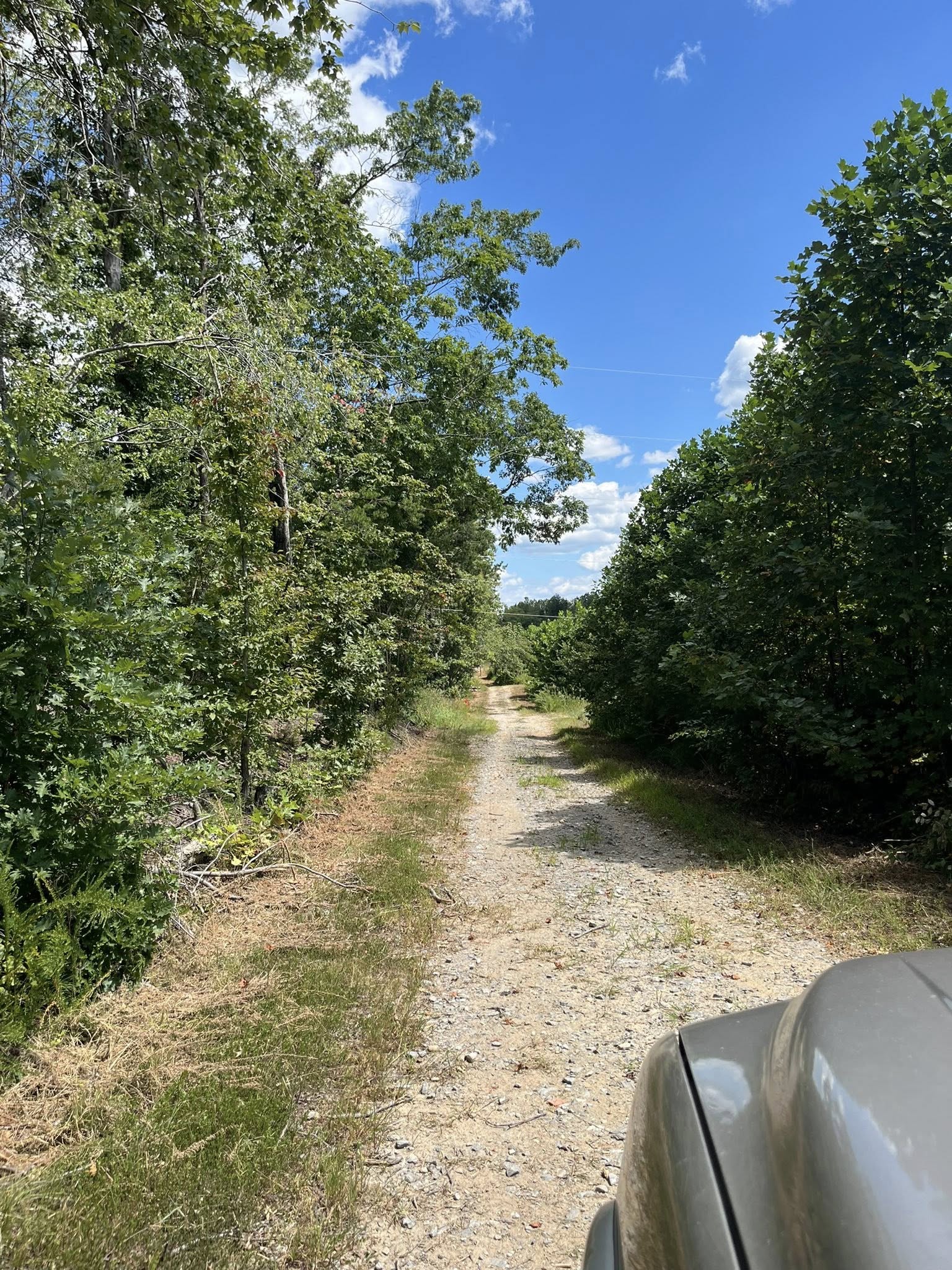
Top Strategies for Effective Soil Conservation in Urban Areas Oct 10, 2025
To start, let’s explore why soil conservation is vital in urban environments. As urban areas grow, the natural landscape is often replaced with concrete and asphalt, disrupting natural water cycles and causing issues such as erosion and poor water infiltration. Effective soil conservation helps mitigate these problems, ensuring the soil remains fertile and capable of supporting plant life which, in turn, enhances urban biodiversity and strengthens ecosystem health.
One of the key strategies for soil conservation is the implementation of green spaces. Urban green spaces, such as parks, community gardens, and green roofs, not only improve air quality and provide recreational areas but also significantly reduce soil erosion. Plants and trees in these spaces help bind the soil together and absorb excess rainwater, preventing runoff. Residents can participate by supporting local green projects or even starting a small garden in their backyard or balcony.
Another powerful technique is the use of permeable paving solutions. Traditional concrete surfaces prevent water from penetrating the ground, increasing runoff and leading to erosion. In contrast, permeable pavements allow water to filter through, sustaining groundwater levels and reducing erosion. Installing such systems in driveways or pathways can make a significant difference in urban soil health.
Community involvement is also crucial for promoting soil conservation. Urban residents can organize or participate in local clean-up and planting drives. Engaging in these activities fosters community spirit and raises awareness about soil conservation. Additionally, educating fellow residents about the importance of reducing pesticide and chemical use can help maintain soil quality by minimizing harmful runoff.
Composting presents another effective solution for urban soil conservation. By converting kitchen waste into nutrient-rich compost, residents not only reduce landfill use but also contribute to healthier soil. Compost improves soil structure, increases its capacity to hold water, and provides essential nutrients for plants. Whether through individual efforts or community composting programs, this practice can greatly benefit urban environments.
The strategic use of native plants in urban landscaping is also beneficial. Native plants are well-suited to local climates and soils, requiring less water and care than non-native species. They build stronger root systems that help reduce soil erosion and support local wildlife. Choosing native plants for home gardens and green spaces can simplify maintenance and bolster conservation efforts.
In conclusion, soil conservation in urban areas is essential for creating sustainable and resilient cities. By implementing strategies such as enhancing green spaces, using permeable paving solutions, promoting community involvement, embracing composting, and landscaping with native plants, residents can actively contribute to the health of their urban ecosystems. At Southside Land Management, we believe that informed and collaborative efforts can lead to significant positive outcomes, ensuring that urban environments are both vibrant and sustainable for future generations. As we consider how to best manage our urban spaces, these strategies provide a solid foundation for effective soil conservation.
/filters:no_upscale()/filters:format(webp)/media/0d67db5b-f50f-4fd5-966b-bb5cd6ac3ecd.jpeg)
/filters:no_upscale()/filters:format(webp)/media/59a6df6e-1a2a-4086-a312-337dd84a88d8.jpeg)